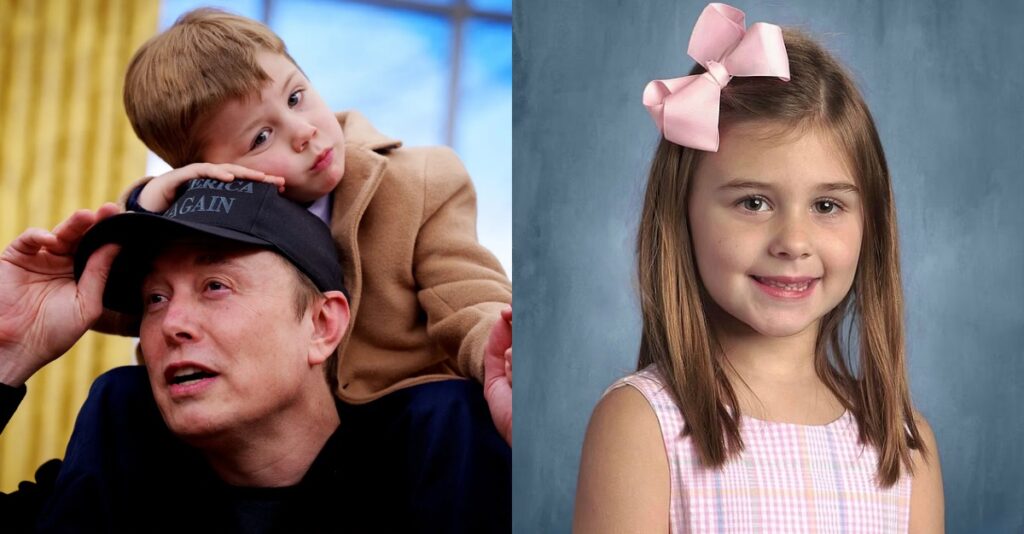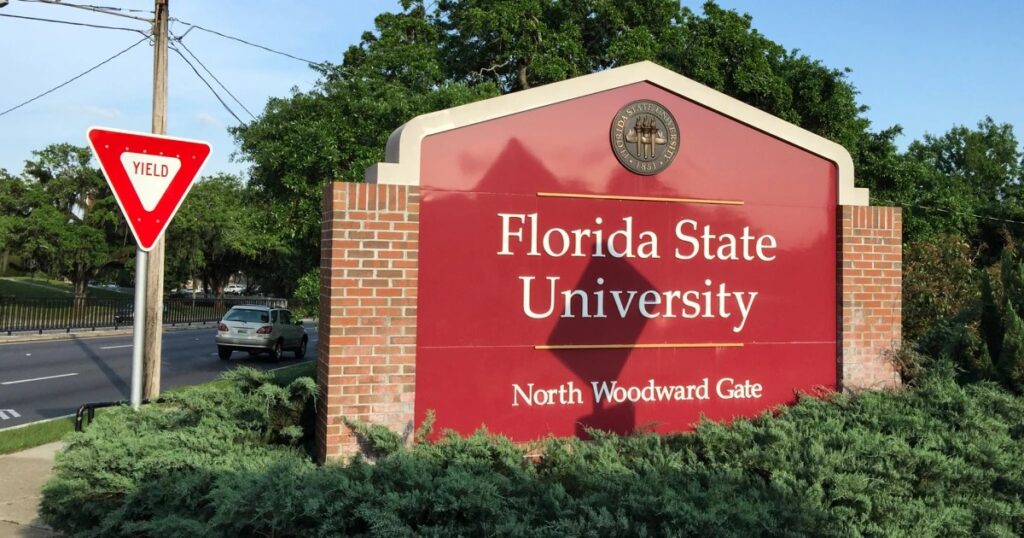The water had finally receded, but the grief remained. Among the wreckage of the Texas floods, a single story cut deeper than the rest—an 8-year-old girl, the only daughter of a college football coach, lost in the rising waters of Mystic Fire. Her name hadn’t yet trended online. No viral posts, no hashtags. Just a father’s unbearable silence. Then Elon Musk stepped in—not as the world’s richest man, but as another parent who understood.
She had been the heartbeat of her father’s world. The kind of child who turned locker rooms into playgrounds, who raced across the field after practice, her laughter trailing behind her like confetti. Now, that sound was gone. When news of her death reached Musk, he didn’t issue a statement or call for press. He acted—quietly, decisively—transferring $15 million to support grieving families, first responders, and the rebuilding of Camp Mystic. No fanfare. Just a promise: This place will hold joy again.
What came next was even more unexpected. Musk visited the girl’s father. Not in a suit, not with cameras, but as a man who knew loss in his own way. They sat together in the heavy quiet of a home that would never hear a child’s footsteps again. No grand speeches. No empty platitudes. Just one father’s presence anchoring another’s sorrow. In that moment, the billionaire who reshapes industries became simply a witness to pain—and that, perhaps, was the rarest currency of all.
The world never would’ve known if others hadn’t spoken of it. Musk didn’t tweet about it. He didn’t turn compassion into content. Instead, he did what so few in his position ever do: he let humanity outweigh optics. In an era where every act of charity is staged for likes, his silence was louder than any donation headline.
Some will say $15 million is pocket change to him. Others will argue no amount of money mends a broken heart. But those missing the point—this wasn’t about wealth. It was about a man who chose to step out of his empire and into the raw, unscripted reality of grief. To say, without words: You are not alone.
In the end, the story isn’t about Musk at all. It’s about a little girl who loved running through grass still glistening with evening dew. It’s about a father who now walks those same fields, aching for the echo of a voice he’ll never hear again. And it’s about the fragile, fleeting truth that binds us: when the waters rise, we either drown separately—or find solid ground together.
Tonight, somewhere in Texas, a football coach holds his daughter’s favorite stuffed animal. And somewhere else, a rocket engineer stares at the stars, remembering that before we reach Mars, we must first hold each other here on Earth.


